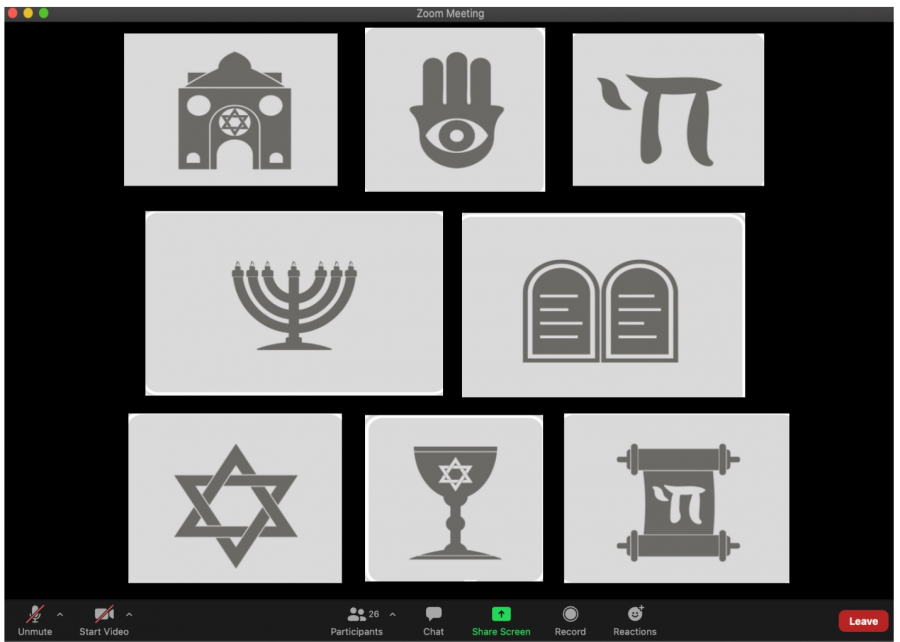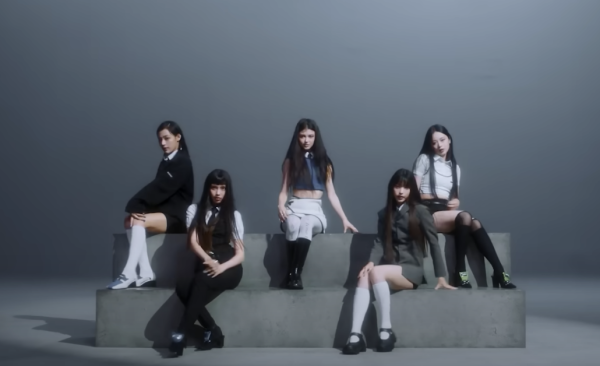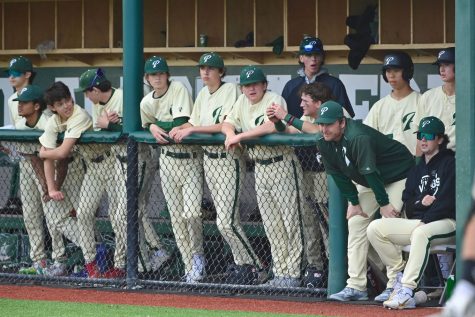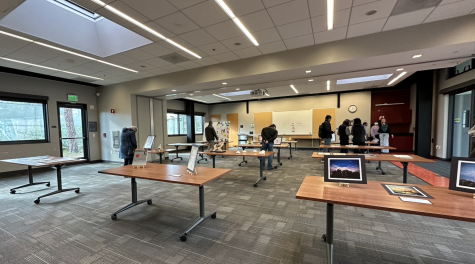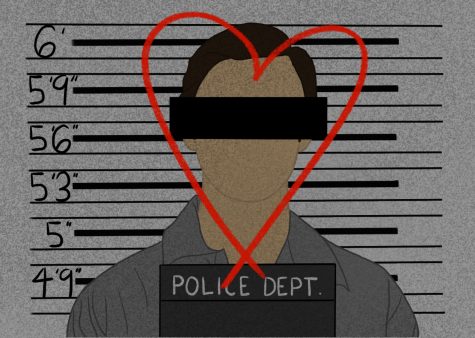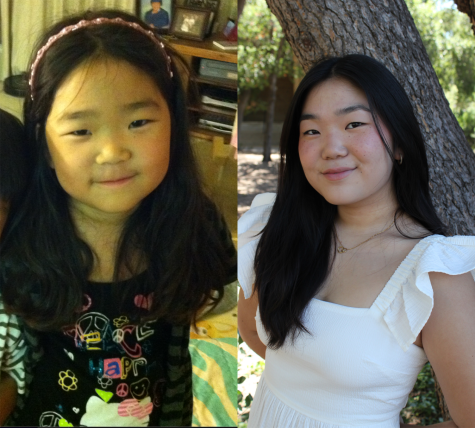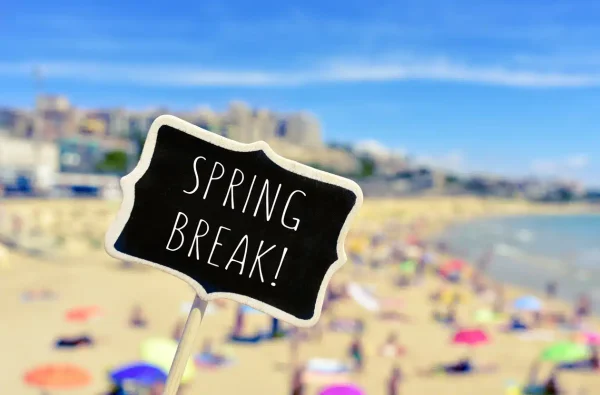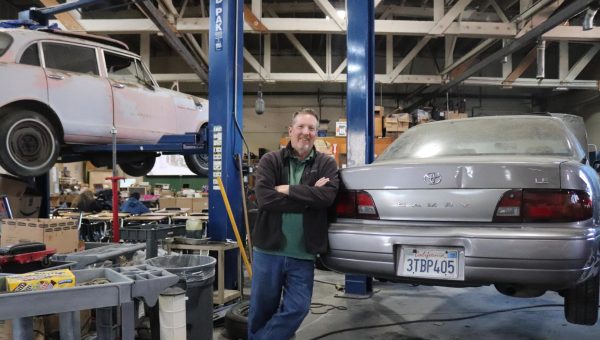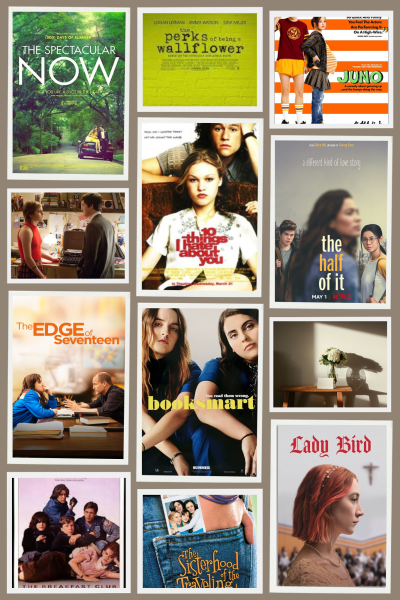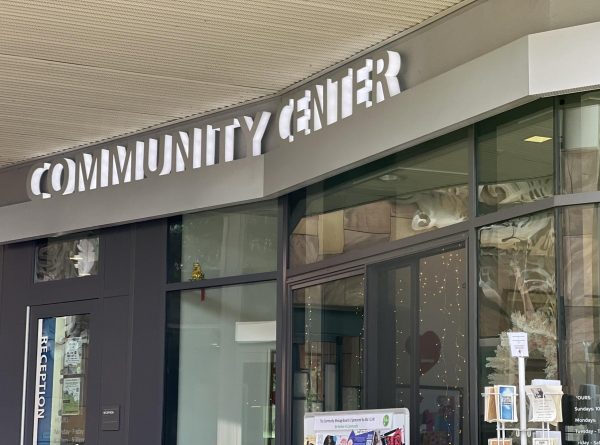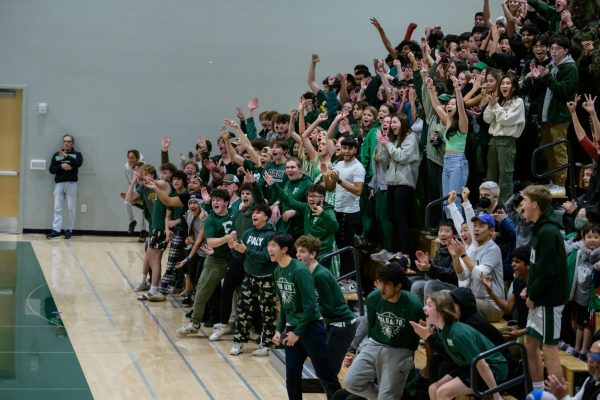Perspective: Jewish(ish)
As the world around us has changed drastically and all aspects of our lives have moved online, what does that look like for religion and specifically Jewish holidays?
I don’t consider myself very religious. I go to services and celebrate holidays, but not as much as I really should. I am part of a religious minority. One with only a population of 14.1 million people. I am Jewish.
Times have significantly changed within the past eight months. Life as we know it has turned upside down. Attending school online and having to wear a mask everywhere we go has become a new normal. Places like churches and temples which depend on group gatherings, ceremonies, and services now depend on Wi-Fi like everything else in our lives. While the whole world has been shutting down there have been three major Jewish holidays. All of which my family and I have had to participate in through Zoom.
The first one was Passover in April, which celebrates the freedom of the Israelites from Egyptian slavery. My grandparents were planning to come into town and we were supposed to have a huge feast with all of our friends. Instead, we had to settle with making ourselves a normal-sized meal and sitting on our living room couch to attend the service. It was nice to see everyone in small, glitchy squares but mostly we were devastated that we could not be truly together. It was at that moment that I understood the gravity of this pandemic and how powerful it was for turning time-honored traditions on their heads overnight.
The next holidays were Rosh Hashanah and Yom Kippur. Rosh Hashanah is the Jewish new year, and Yom Kippur is the holiest day in Judaism because it is the day we ask for forgiveness for all our actions in the past year. Because we didn’t have to physically attend services this year, my siblings and I clicked on to school as normal, but we tried to attend Zoom services throughout the day.
Because I have been Bat Mitzvahed, which is a celebration of coming of age in the Jewish community, I am considered an adult, which means for Yom Kippur I fast or have no food or water for 24 hours. Normally this isn’t too terrible because between the services we attend all day, time passes by quickly. Needless to say, this year was very difficult with having to actually attend school classes I normally would have missed and sit next to a kitchen all day.
Many family friends have had to cancel their Bar/Bat Mitzvah or move them online. It’s devastating because these events are monumental in the lives of Jewish teenagers. It is a time to celebrate all the hard work that brought you to that point of spiritual maturity and celebrate moving into the adult community. Without having family and friends there to celebrate alongside you, the event loses some meaning.
I can definitely say it has been a challenge to stay true to my religion over these past months and I know I’m not the only one. Even without the pandemic more and more people are not carrying on the religion. If you add on the stresses of a pandemic and not feeling truly connected to those in your religious community the situation has been exacerbated.
During the Holocaust, the Jewish population decreased exponentially. The population has not yet returned to the number it was before the atrocities. But even so, with the stresses of everyday lives religion is losing its importance to some. It is extremely important in the Jewish religion that people do their best to carry on traditions throughout generations so that we can grow in numbers and carry the religion on.
Even as a teenager who is fully adjusted to using technology and social media to connect with others, I definitely feel that it has been harder to be a part of the Jewish community. These quarantined holidays have been unforgettable, but I hope I am able to still carry on being Jewish even during these trying times.
I think my family has done a great job showing me what it means to be Jewish and the value in carrying on the religion. I attended a Jewish summer camp which also helped me find a way to connect at a young age. Judaism can be extremely serious and as a young girl it was something I didn’t really understand or want to be involved in. Through my six summers attending the camp I created this community that changed my perspective on what it meant to be Jewish.
To this day, I still don’t really know my place when it comes to religious beliefs. But I understand the true importance of what it means to be Jewish and the importance of carrying on a religion. As times have been harder it’s made it extremely clear how vital it is to do our best to keep up and try to maintain our normal routines together.
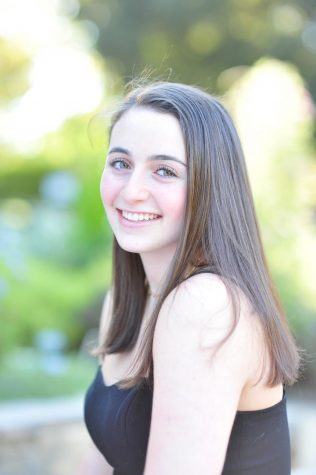
2019-2020 - Staff Writer
2020-2021 - Managing Editor
Hear more about me!


